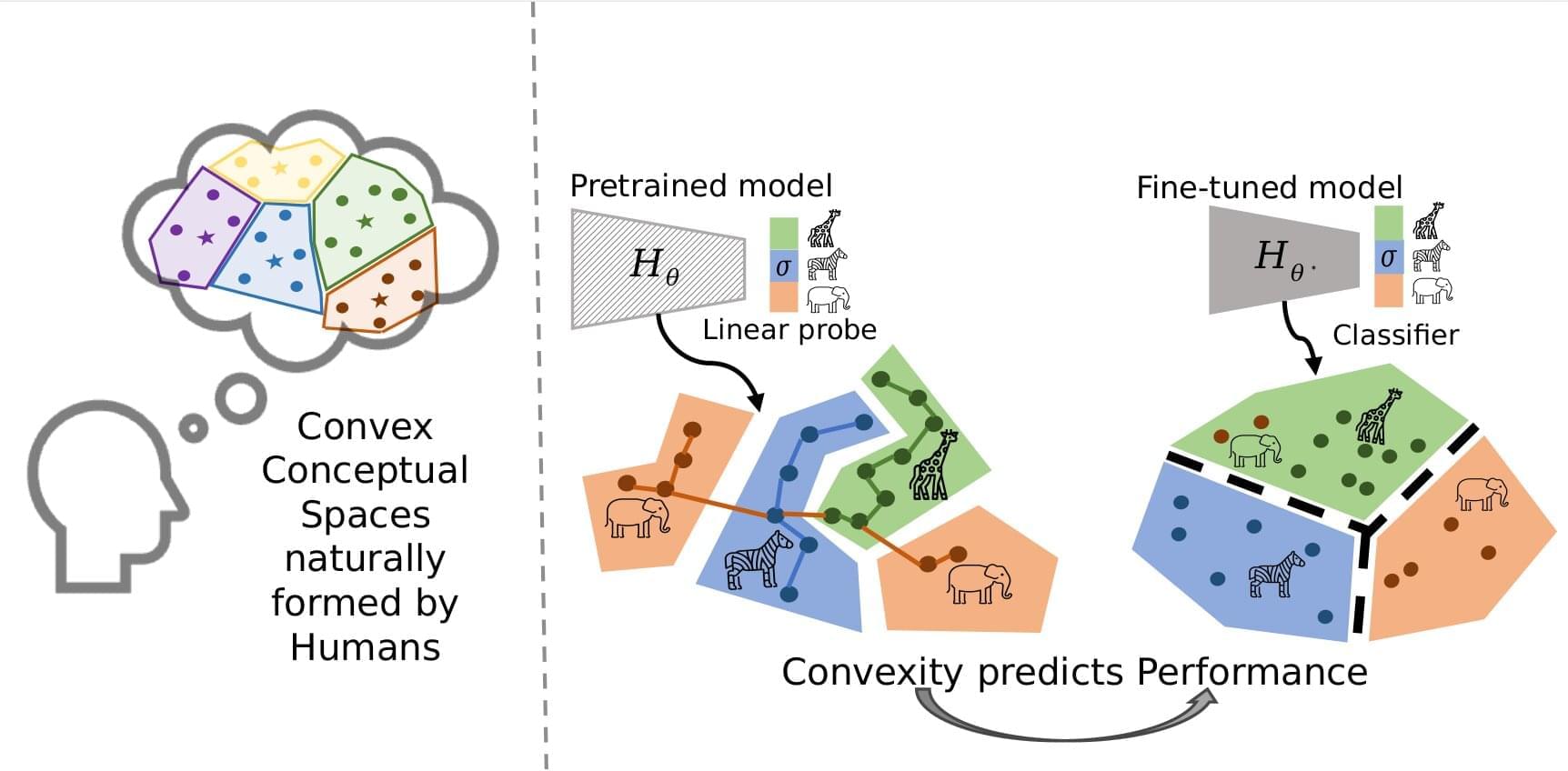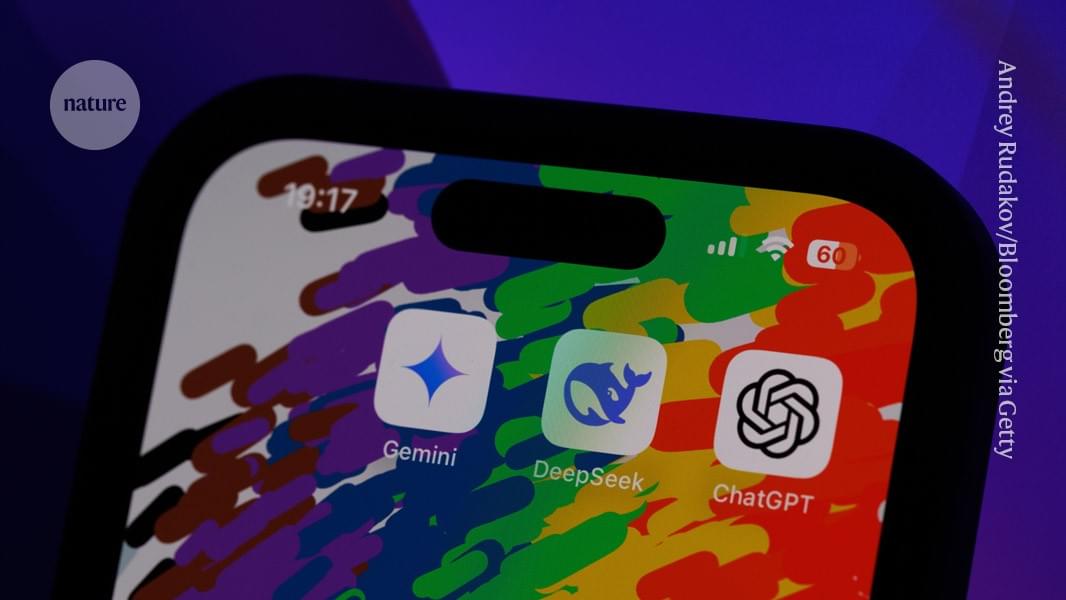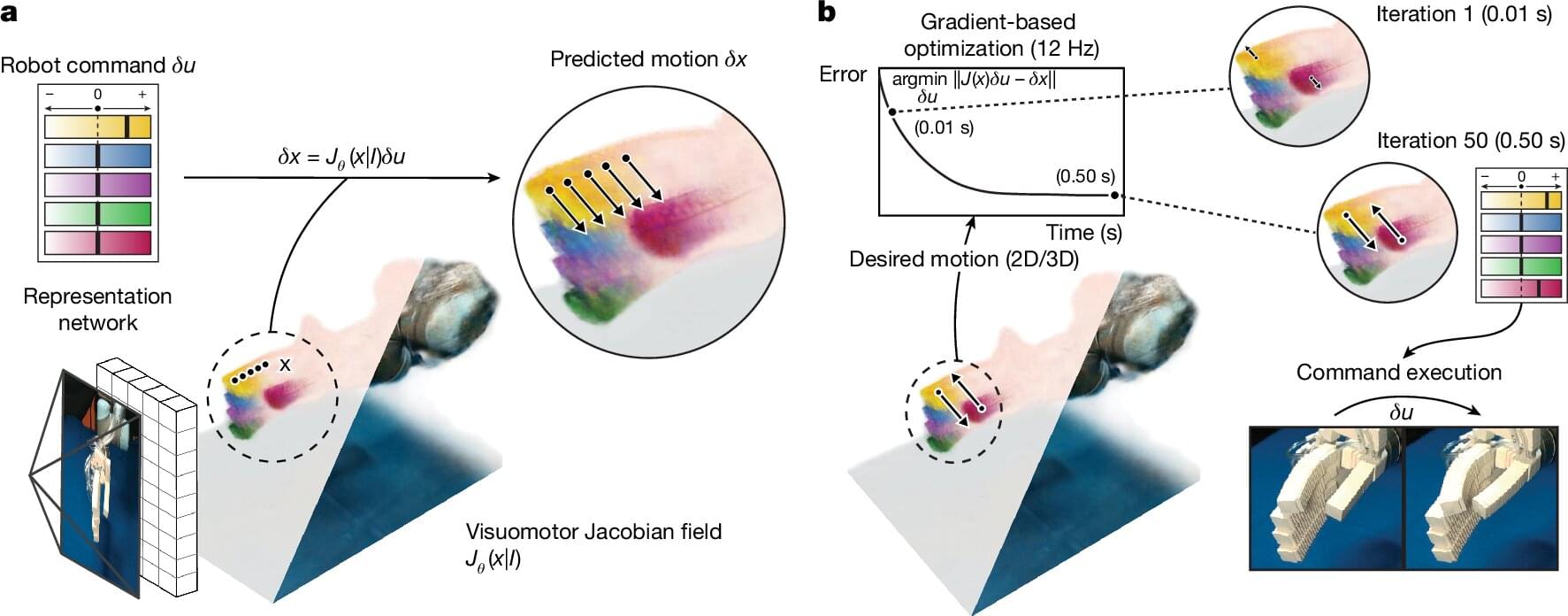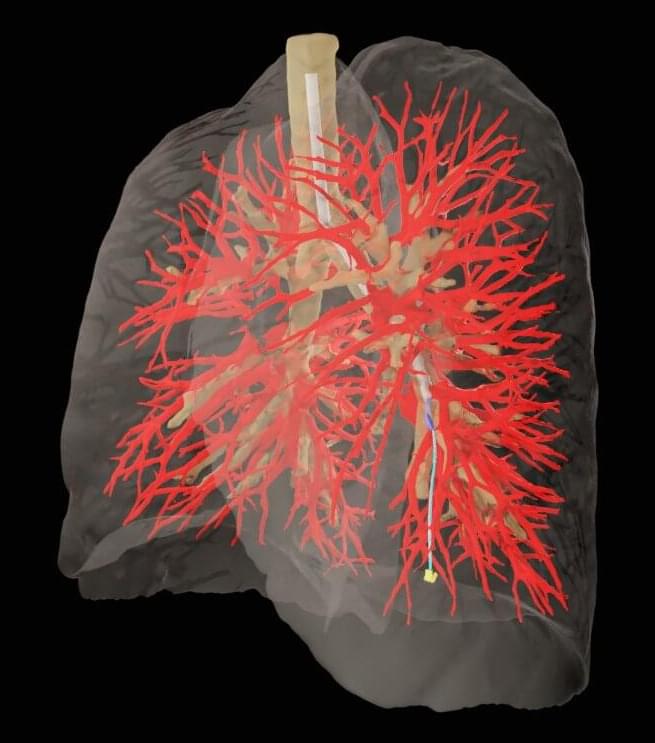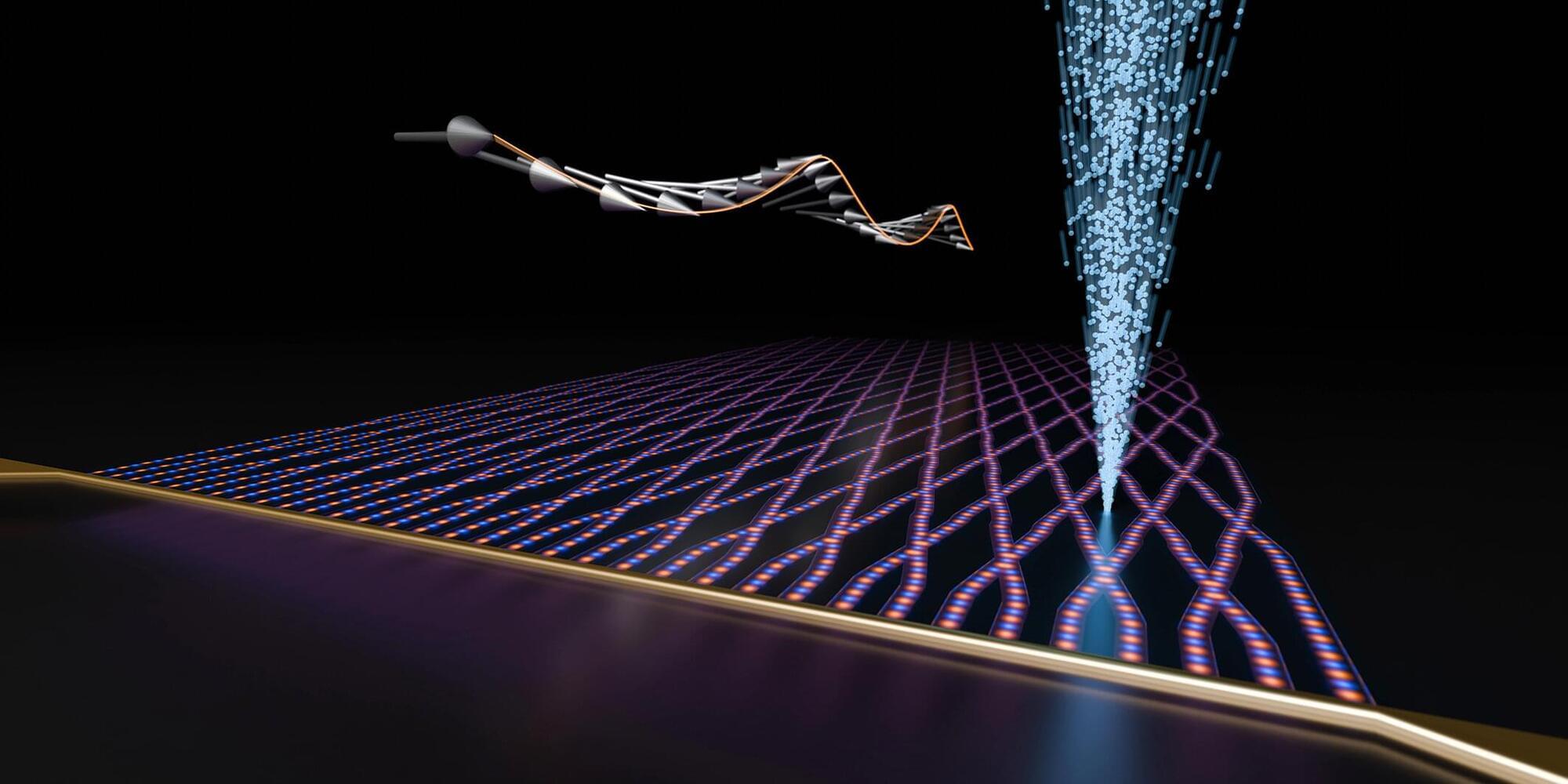The latest AI News. Learn about LLMs, Gen AI and get ready for the rollout of AGI. Wes Roth covers the latest happenings in the world of OpenAI, Google, Anthropic, NVIDIA and Open Source AI.
My Links 🔗
➡️ Subscribe: ➡️ Twitter: https://twitter.com/WesRothMoney ➡️ AI Newsletter: https://natural20.beehiiv.com/subscribe.
AI TOOLS: (these are tools I use and recommend, some of these are affiliate links) ElevenLabs for AI Voices https://try.elevenlabs.io/ggjim0jxr70r.
Playlists: My Interviews With AI Experts: • INTERVIEWS WITH AI EXPERTS Self-Improving AI:
• Self Improving AI
#ai #openai #llm.
➡️ Twitter: https://twitter.com/WesRothMoney.
➡️ AI Newsletter: https://natural20.beehiiv.com/subscribe.
AI TOOLS:
